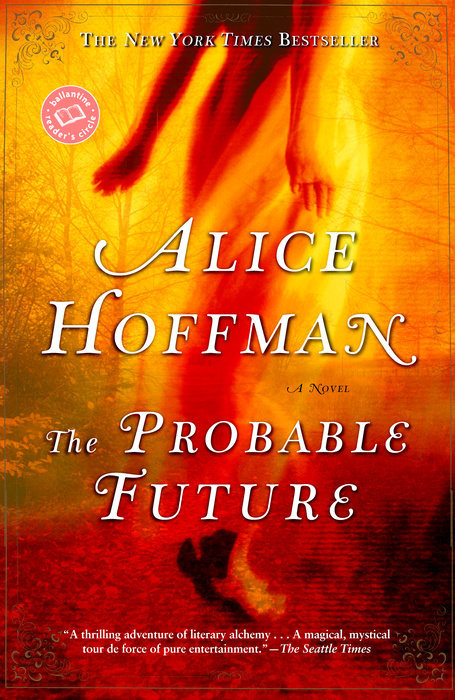
The Invisible Hour
Book Description
One fateful summer, time bends and secrets unravel in a small town where fate collides with fate. A mysterious stranger appears, igniting untold desires and buried traumas that threaten to shatter lives. Bonds will be tested as whispered truths echo through the air, and relationships hang on the precipice of revelation. The invisible hour looms closer, where choices become destiny and love dances with betrayal. As the clock ticks down, who will emerge unscathed, and what price are they willing to pay for redemption? What happens when the things we hide become the very things that define us?
Quick Book Summary
In "The Invisible Hour," Alice Hoffman weaves a mesmerizing tale of love, secrets, and destiny in a small town tinged with magic and time-bending possibility. When a mysterious stranger arrives, his presence triggers reverberations that unsettle buried traumas and ignite hidden desires among the townspeople—most poignantly in the life of Mia, a young woman seeking freedom from her restrictive existence. As relationships fray and secrets surface, characters grapple with the heavy cost of truth and the hope of redemption, all under the looming specter of the "invisible hour"—a pivotal moment when choice and fate collide. Rich with magical realism and nuanced emotion, Hoffman’s novel explores how the history we hide can shape our futures, and how the courage to confront the invisible can be transformative.
Summary of Key Ideas
Table of Contents
The Burden and Power of Secrets
Set in a small New England town suffused with the atmosphere of magical realism, "The Invisible Hour" centers on Mia, a young woman stifled by the strictures of a repressive commune led by her mother. Mia’s world is one of silence and control, with her only solace found in forbidden books that offer escape and hope. When her secret reading is discovered, Mia faces punishment and further isolation, deepening her longing for freedom and meaningful connection. This yearning takes on a new urgency with the arrival of a mysterious stranger whose very presence bends the fabric of time and possibility.
Time and Destiny Intertwined
As the story unfolds, the stranger’s identity and purpose become a catalyst for Mia and the townspeople to confront the secrets they’ve harbored for years—secrets that, left unspoken, have shaped their lives and destinies. Hoffman deftly employs elements of time travel and magical realism, blurring the boundaries between past and present, reality and fantasy. For Mia, the allure of the unknown holds both danger and the promise of liberation, as she discovers the powerful role that choice and chance play in shaping one's path.
The Transformative Power of Books and Stories
Books and storytelling occupy a central role in the novel, serving as both literal and metaphorical means of transformation. For Mia, literature offers not just escape, but also a guide and a lifeline—connecting her across time to others who have found meaning amidst adversity. The magic of books enables her to glimpse alternative realities and futures, binding together the disparate threads of her community’s struggles and hopes in unexpected ways.
Redemption and the Price of Truth
As the "invisible hour" approaches, characters are forced to reckon with the costs of truth and the risks inherent in vulnerability. Mia’s journey is mirrored by those around her, as suppressed desires and past traumas rise to the surface, threatening to unravel relationships and established norms. The novel explores redemption not as a single, dramatic act, but as an ongoing process—one that requires confronting painful histories and embracing the possibility of forgiveness and love, even at great personal cost.
Love, Loss, and the Risks of Vulnerability
In its evocative conclusion, "The Invisible Hour" underscores how the very things people try to hide—pain, longing, regret—are the ones that most powerfully define them. In a world shaped by invisible choices and unseen forces, it is the willingness to risk truth and connection that enables genuine transformation. Through a graceful blend of historical fiction, fantasy, and heartfelt emotion, Alice Hoffman leaves readers with a renewed appreciation for the redemptive power of books, the unpredictability of fate, and the courage it takes to face an uncertain future.
Download This Summary
Get a free PDF of this summary instantly — no email required.





